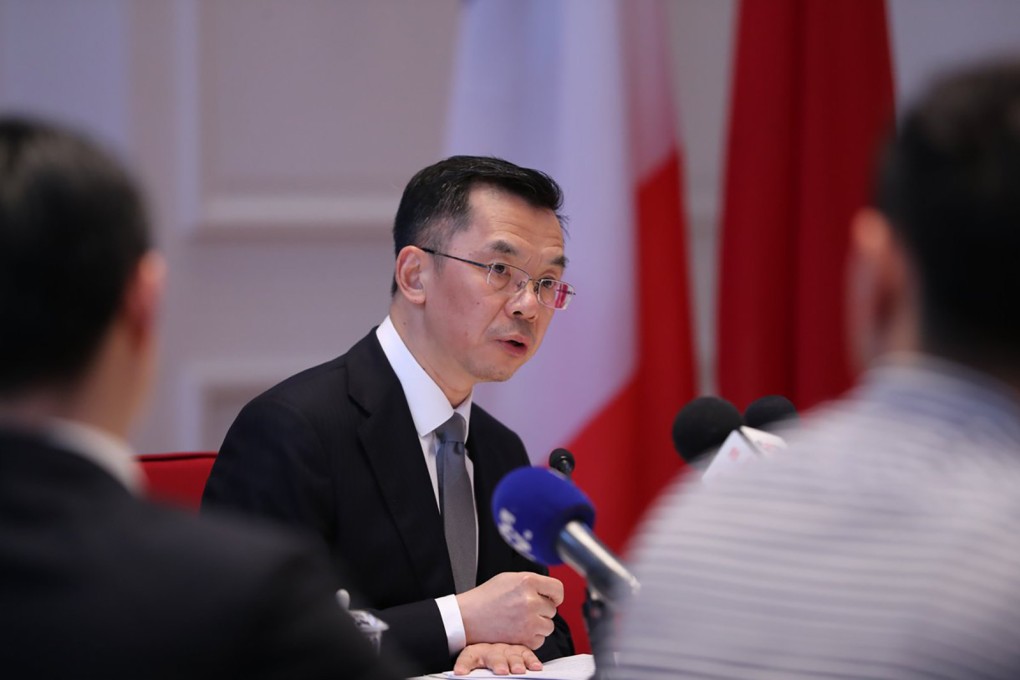Chinese envoy to France Lu Shaye doubles down on Taiwan ‘re-education’ aims
- Tsai government has ‘indoctrinated and intoxicated’ Taiwanese population with anti-Chinese education, Lu tells French station
- Comments show ‘Taiwanese democracy must be respected’, says deputy from French president’s party, although Paris’ overall reaction has been muted

China’s ambassador to France has doubled down on comments that Taiwanese people will need to be “re-educated” if the island is reunified with mainland China, drawing fresh criticism from French commentators and politicians.
In a second interview broadcast over the weekend with broadcaster Europe 1, he claimed that 20 years ago a majority of Taiwanese were pro-reunification, but the island’s two-term President Tsai Ing-wen, backed up by American support, had poisoned the popular mood towards Beijing.
A recent six-monthly study by the National Chengchi University’s Election Study Centre in Taipei found just 1.3 per cent of respondents wanted to reunify with the mainland “as soon as possible”. However, just 5.1 per cent wanted formal independence at the earliest opportunity.